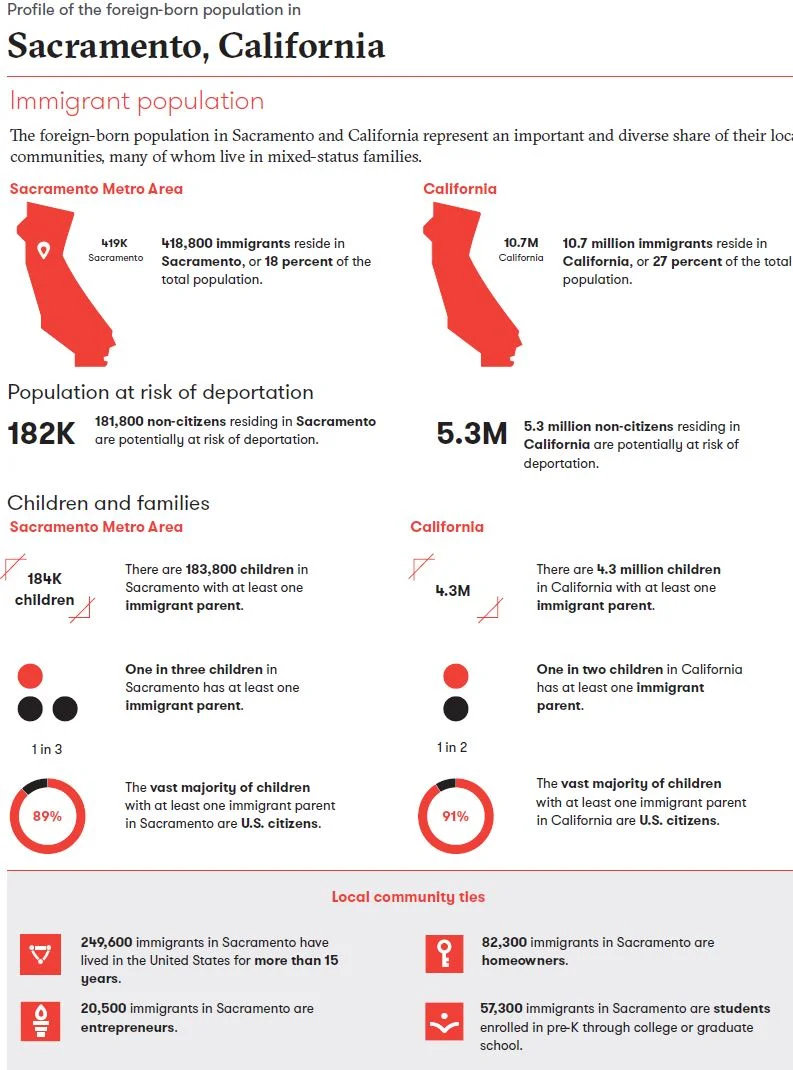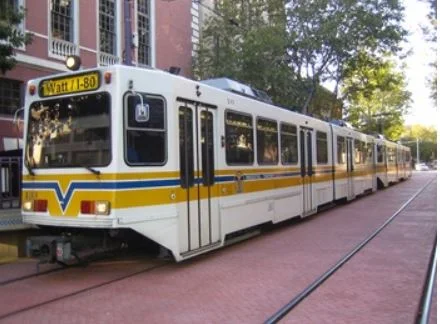Sacramento reaffirms support for group providing free legal help to immigrants
Facing continued anti-immigration rhetoric from Washington, the Sacramento City Council Tuesday reaffirmed its support for the FUEL Network, which provides free legal help and training for immigrants fearful of or facing deportation.
The Council voted unanimously to direct City staff to include funding for the FUEL network in its mid-year budget update, expected in February. The City previously granted the organization $300,000 for the year that ends Aug. 31.
With the City’s support, the FUEL network has grown to include more than 50 Sacramento non-profits, attorney groups, educational institutions and faith-based groups providing critical services at no charge to immigrant communities, said Marcus Tang, Citizenship and Immigration Project Director at the California Rural Legal Assistance Foundation.
FUEL Network supporters line up to speak at the Sacramento City Council meeting on Dec. 11, 2018.
“If the federal government is coming after you, at the very least the City of Sacramento will have your back,” Tang said. “The City of Sacramento is saying you are loved, you do belong here, and you certainly deserve due process.”
Councilmember Eric Guerra, who has spearheaded the FUEL Network issue at Council, said that “what we’ve done here with our very few resources is say we can provide leadership, we can be the convener, and we can fund community groups and legal experts to that everyone has legal process and representation.”
Tang said the network has served 6,000 families so far this year. It has mounted 28 deportation defenses and 21 cases for people seeking to affirm their permanent immigration status, along with providing more limited legal services to 300 people. Hundreds of teachers and school staff members have been trained on how to respond to ICE activity.
One case handled by the FUEL network involved Juan, a gay Sacramento resident who was brought to the United States when he was four years old. He graduated high school and achieved protection under the DACA program. Juan was abused by his father growing up and abandoned by his parents when they found out he was gay. He also suffers from epilepsy and depression from the years of abuse.
After a fistfight caused him to lose his DACA status, Juan — who had no other criminal history — was detained by ICE for almost 10 months. With the help of the FUEL network, Juan won his case and is now a permanent legal resident.
Sacramento Mayor Darrell Steinberg said the City can’t step back from its efforts, given the president’s ongoing push to build a border wall, restrict citizenship and otherwise make it harder for people to enter or stay in the United States.
“The threat is very real,” Mayor Steinberg said. “We can’t relax and say look at the good work we did, we have to continue.”
According to the Vera Institute of Justice, 418,000 immigrants live in the Sacramento area — 18 percent of the population. One in three children in Sacramento has at least one immigrant parent.
Immigrant workers make up 36 percent of Sacramento’s labor force. They earn $10.4 billion a year and contribute $850 million in state and local taxes, along with $1.8 billion in federal taxes.






